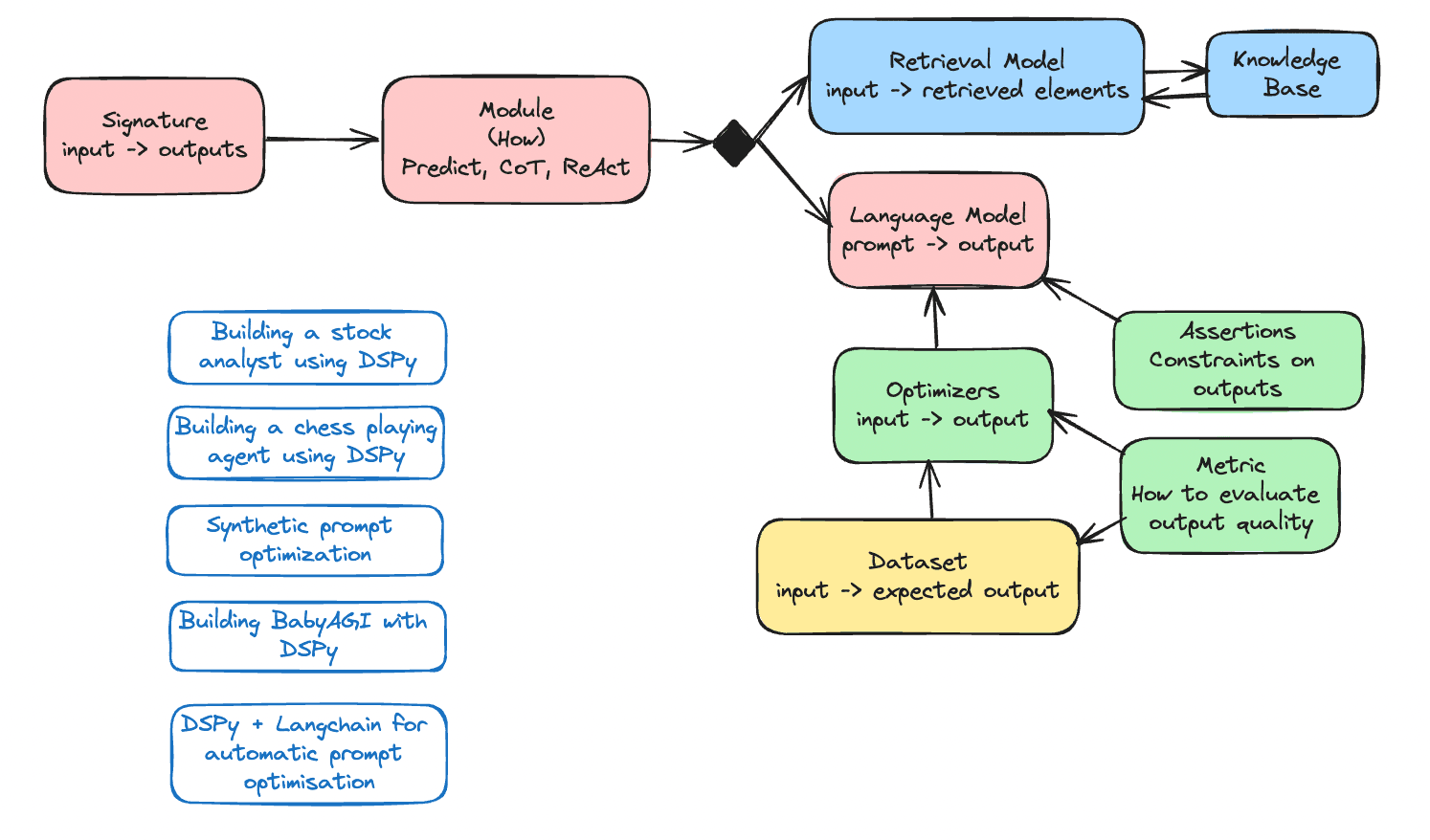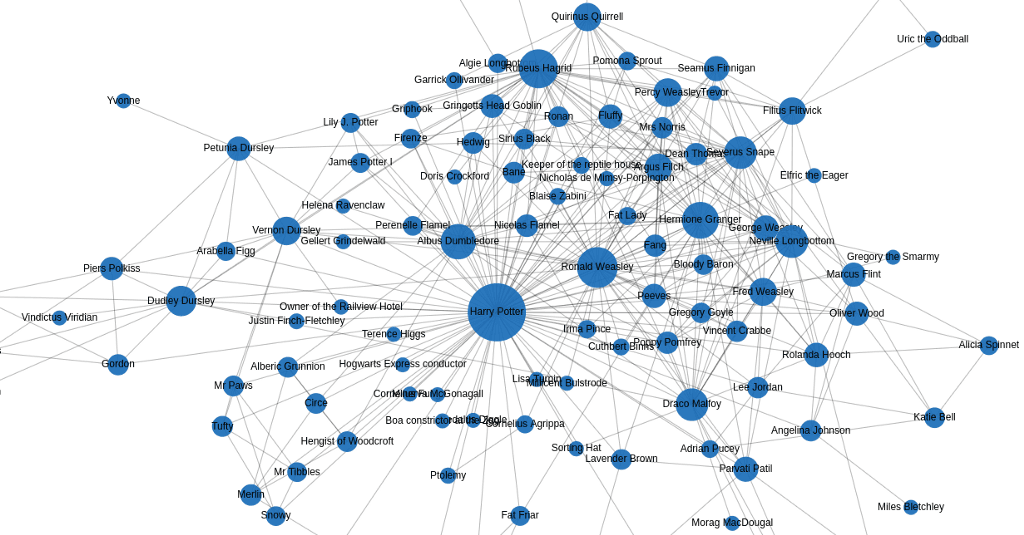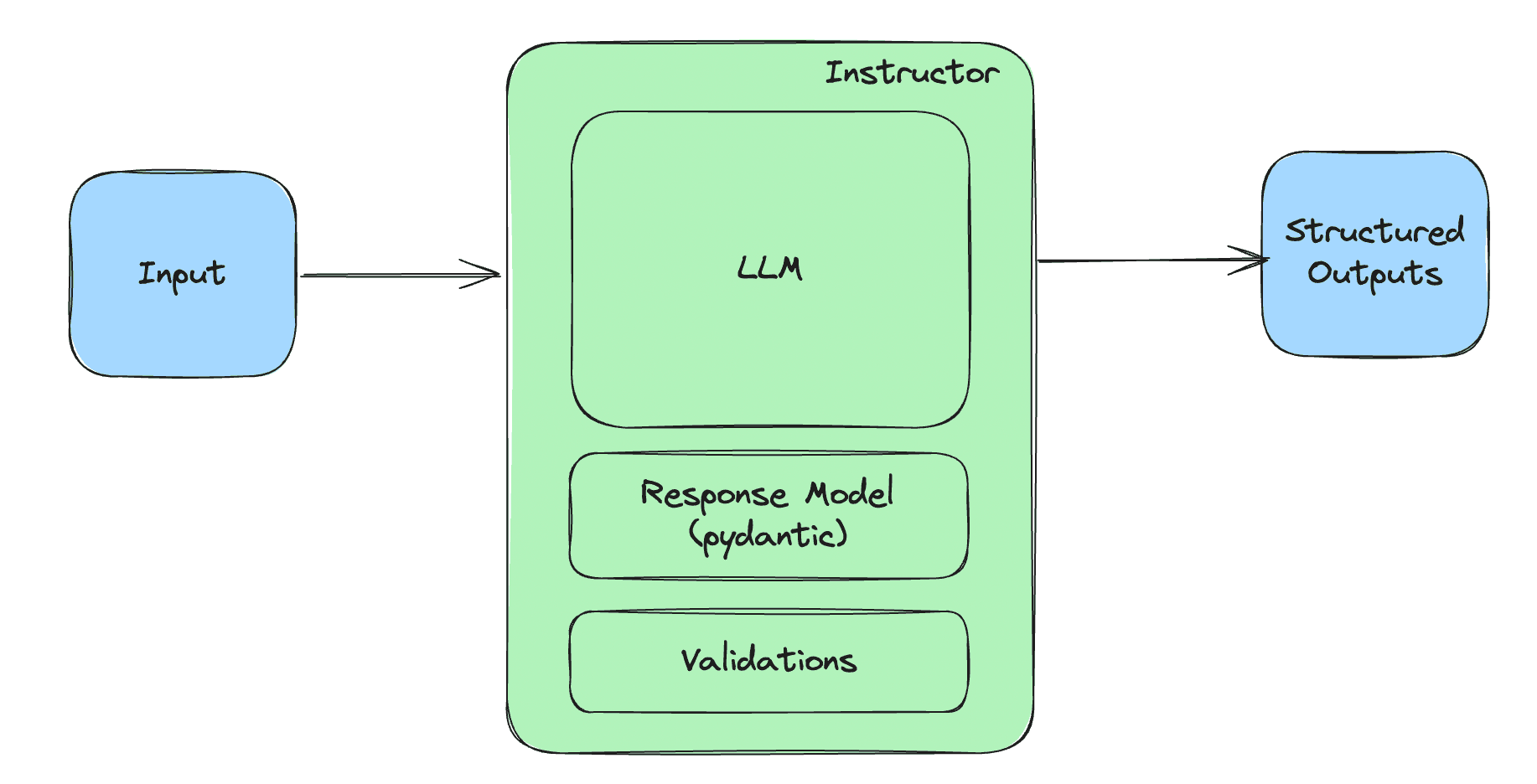Introduction
With the rapid advancements in artificial intelligence, the traditional role of creators is evolving. Increasingly, AI systems are handling tasks that once required human ingenuity. However, this doesn't mean humans are being replaced. Instead, the human role is shifting from creation to verification, heralding the dawn of what can be called the "verifier economy." In this new paradigm, humans oversee, validate, and refine AI-generated outputs. But should AI be used for all tasks? Recent insights suggest that current AI systems may be best suited for simpler tasks or tasks whose outputs are easy to verify, rather than complex ones. Let’s explore how the verifier economy is unfolding and how individuals can capitalize on this trend.
The Emergence of Verifiers: AI’s Growing Role in Creation
AI tools are transforming industries, from software development to legal services, marketing, and design. These systems generate content, solutions, and ideas that would have traditionally required human effort, but they still rely on humans to ensure accuracy and quality. However, as AI’s outputs become more complex, verification may require as much expertise as generation, prompting a reconsideration of where AI is most beneficial. Let’s explore some real-world examples.
GitHub Copilot, powered by OpenAI’s Codex, assists developers by generating code snippets, suggesting solutions, and even debugging issues. Cursor, another coding assistant, can complete functions or optimize code. While these tools can significantly reduce the time spent writing and testing code, they are not flawless. Developers must review the AI-generated code to ensure it is functional, secure, and aligned with the project’s goals. A human must verify that the code integrates correctly into larger systems and adheres to industry best practices.
In this case, verification may not always be simpler than generation, as it involves understanding the intricate logic behind the code and ensuring its security. This highlights that AI's role might be better suited to simpler coding tasks that are easier to verify.
Harvey AI, an AI platform for legal professionals, can draft legal documents, contracts, and even assist with research. It generates texts based on complex legal data, but lawyers must verify these outputs. Given the high stakes involved in legal matters, a thorough review of AI-generated documents is critical. The human verifier ensures that the language is precise, the clauses are accurate, and the document complies with jurisdiction-specific laws.
In complex legal cases, generating documents from scratch may still be preferable because verifying a nuanced contract requires deep legal expertise, making it as demanding as the initial creation.
Jasper AI is revolutionizing marketing by generating copy for social media, blogs, and ad campaigns. It creates content quickly and efficiently, but marketers are tasked with verifying that the tone, style, and messaging align with the brand’s identity. Moreover, they must ensure that the AI-generated content resonates with the target audience and adheres to ethical standards.
For marketing, verification can often be simpler than creation, as the core content is already there, and it merely needs adjustment. This makes marketing copy an ideal domain for AI, where outputs are relatively simple to verify.
AI tools, such as those for photo and image generation, can produce stunning visuals with minimal human input. Yet, these visuals often need refinement or editing. Designers verify that the composition, style, and color schemes match the project’s vision, and in many cases, they enhance AI-generated images to make them suitable for final use.
AI-generated visuals may require significant human involvement to reach a professional standard, suggesting that using AI for simpler, more straightforward visual tasks is more efficient than for complex, highly customized work.
The Skills of a Good Verifier: What Does It Take to Succeed?
To excel in the verifier economy, individuals need a unique skill set that differs from the traditional role of creators. While the AI handles much of the initial work, human expertise remains essential in evaluating and improving the output. This expertise becomes even more crucial when verifying complex tasks, where the AI’s work may still fall short of industry standards.
For tasks like software development, legal document drafting, or intricate design projects, verifiers need to be highly skilled in their field. Developers must understand coding languages and system architecture to spot errors or inefficiencies. Lawyers need a deep understanding of legal principles to ensure AI-generated documents are accurate and comply with regulations. In short, for these complex cases, mastery of the subject matter is critical to being an effective verifier.
In simpler contexts, like verifying AI-generated marketing copy or basic image editing, verifiers can get by with a more general skill set. Here, the focus is on ensuring that the AI's output aligns with common sense and basic industry knowledge. These roles require an understanding of the target audience, brand messaging, or visual aesthetics, but they don’t demand the same level of expertise as more technical fields.
Monetizing the Verifier Economy: Uncertainty and Opportunities for Knowledge Workers
The question of who will be responsible for verification in this new economy remains uncertain. It's possible that the workers currently doing these jobs will transition into verifiers. This shift, however, is expected to be most beneficial for knowledge workers, who will likely evolve into knowledge verifiers. For these workers, AI can serve as a powerful tool to assist with routine tasks, allowing them to focus on higher-level verification and oversight. However, the complex nature of some tasks may mean that generating from scratch remains more valuable for complex tasks.
Offer Specialized Verification Services
Skilled professionals can offer their expertise to companies that use AI but lack the in-house capability to verify the results. For example, a lawyer can offer document verification services for AI-generated contracts, or a developer can review and refine code generated by tools like GitHub Copilot. Specialization in high-stakes or complex areas, such as legal and financial services, will likely command premium rates.
Freelance Verification and Consulting
The gig economy is already seeing a rise in verification tasks. Freelancers can work with companies to verify AI outputs, offering their services on a per-project basis. Platforms like Upwork or Fiverr may see an increase in demand for verifiers across different industries, from marketing copy review to legal compliance checks.
AI Quality Control and Audit Roles
As companies integrate AI into their workflows, the need for internal AI quality control teams will grow. These roles involve overseeing AI outputs across different stages of production, ensuring that errors are caught before they reach the client or public. Verifiers will play a key role in maintaining the reliability and credibility of AI-generated content.
Develop AI-Enhancement Tools
Entrepreneurs and tech companies can also profit by creating tools that help verifiers do their jobs more effectively. For example, a software tool that highlights potential issues in AI-generated code or an editing platform that optimizes AI-generated marketing copy could provide significant value to verifiers.
Conclusion
The verifier economy is an inevitable outcome of AI’s growing influence in various industries. While AI takes over more routine aspects of content creation, humans will continue to play a crucial role in ensuring quality, accuracy, and creativity. However, current AI systems may be best suited for simpler tasks or tasks where the output is easy to verify, leaving more complex tasks still in the hands of skilled human professionals. Knowledge workers, in particular, are poised to benefit as they transition into knowledge verifiers. As AI continues to generate more, it’s the human touch that will ultimately decide its value. Welcome to the verifier economy.



